How Changing Your Down Payment, Credit, or Loan Term Can Impact Your Rate and Payment
One of the most common questions borrowers ask is: What can I do to get a better mortgage deal? The truth is, even small changes to your loan details can have a big impact — especially in today’s higher-rate environment. Increasing your down payment, improving your credit score, or choosing a different loan term can all change your interest rate and monthly payment in ways that might surprise you.
Why Small Changes Matter
Mortgage pricing is based on risk. Lenders look at your profile and your loan details to decide what rate to offer. Adjusting certain factors can make you less risky in their eyes — and that usually means a lower rate.
1. Down Payment Size
A larger down payment typically lowers your loan-to-value (LTV) ratio. The lower your LTV, the less risky the loan is for the lender.
Putting 20% down instead of 15% might shave off a fraction of a percentage point on your rate and could help you avoid private mortgage insurance (PMI).
Even smaller jumps — like going from 5% to 10% down — can sometimes improve pricing.
2. Credit Score
Credit plays a huge role in your mortgage rate.
A bump from a 679 to a 700 score can mean a noticeably better rate.
Crossing key thresholds (like 620, 680, 700, 740, 760) can reduce your cost of borrowing.
If you’re close to a higher score band, paying down debts or correcting errors on your report could save you thousands over time.
3. Loan Term (15-Year vs. 30-Year)
Shorter-term loans (like a 15-year fixed) often come with lower rates because they’re less risky and lenders get repaid faster.
The monthly payment may be higher since you’re paying the loan off sooner, but the interest savings over the life of the loan can be dramatic.
For example, on a $300,000 loan, a 15-year term at a lower rate might save tens of thousands compared to a 30-year term — if you can handle the higher monthly payment.
Seeing the Numbers Side by Side
Most lenders now offer side-by-side scenario comparisons, so you can see exactly how changing your down payment, credit score, or term impacts both your interest rate and monthly payment. These insights can be eye-opening and help you decide which adjustments make the most sense for your budget and goals.
Bottom Line
You have more control over your mortgage than you might think. Small tweaks to your down payment, credit, or loan term can unlock better rates and long-term savings. Exploring different scenarios before you lock in can reveal options you didn’t know you had — and help you feel confident you’re getting the best deal possible.
Sources:


